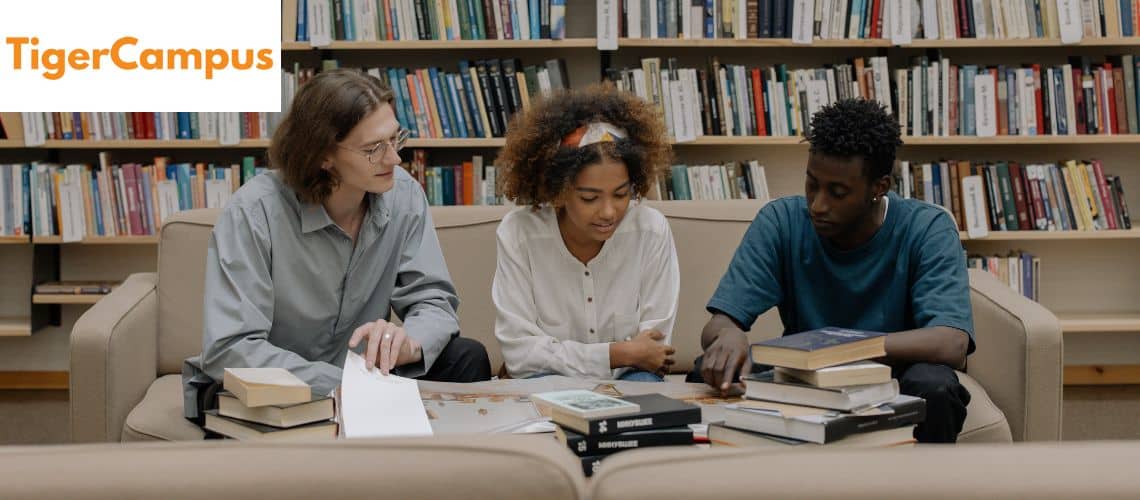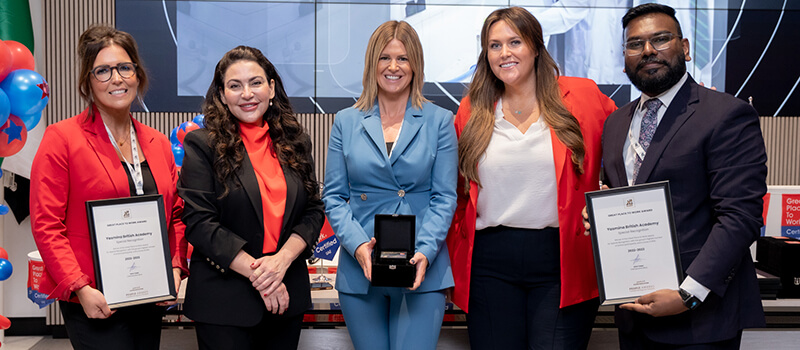10 ways to study smarter not harder
Introduction
It’s time to put the hours in, but how do you make sure you’re studying smarter and not harder? Here are ten ways to help improve your study habits:
Prioritize your tasks
- Prioritize your tasks.
This is the most important tip in this article, and it’s something that takes practice to master. When you’re studying for an exam, don’t start with the easiest homework assignment first — instead, save it for last so you know how much time you have left when you finish. Also be sure to prioritize tasks that are due soon over ones that aren’t due for a month (or even longer), as well as tasks due sooner than others in the same course. Finally, if two assignments require similar amounts of work but one has more meaning for you personally, focus on that one first because it will mean more when finished!
Know how you learn best
First, it’s important to know what works for you. Are you a visual learner? Do you need to hear something in order to retain it? If so, then maybe videos or audiobooks would be helpful.
- What doesn’t work for me is writing things down by hand. I can only write so much before my hand gets tired and my mind wanders away from the task at hand.
- I love taking notes on a tablet with a stylus like an iPad Pro because my handwriting is atrocious and I’m more likely to pay attention using this method than when writing by hand on paper.
- Second, it’s important that we understand how we learn best since this will affect how we approach each subject and test throughout our life as students or professionals (more on this later).
Create the right environment
The right environment can make all the difference.
- Create a quiet space to study. This may seem obvious, but sometimes we get so caught up in studying that we forget to take care of ourselves and our minds. If you’re not in your own home or dorm room, find one that isn’t too loud or noisy to focus on your work. Close windows and doors if it’s too noisy outside, put on headphones if there are other people around talking loudly, etc.
- Find a comfortable place to sit down and get comfortable with yourself as well as your surroundings before starting your work—you should feel at ease before you begin any difficult tasks! Don’t forget: A good posture is essential for an effective learning experience so think about what will allow you feel more relaxed while still being able to move freely if needed (e.g., sitting cross legged).
- Create a distraction-free zone by blocking out all potential distractions such as phones or laptops with loud notifications/apps running/etc., newspapers/books lying around where anyone could pick them up without realizing how much time has passed since they were last checked; even taking off shoes might help reduce distractions during longer periods of studying because it forces us back into reality when we realize our feet are uncomfortable after awhile! There’s nothing worse than having to stop mid paragraph because something feels wrong somewhere else on body 😉
Make it a habit
Let’s get one thing straight: it’s not about how hard you study, but how smartly you study. That said, there are plenty of ways to make studying easier for yourself. One of the most important is to make it a habit.
Habits are formed over time and require commitment and repetition—and not just by you! The people around you also have a role in helping or sabotaging your study routine (hence why we call them “supportive” or “unsupportive” friends).
When trying to establish a new habit, set aside a certain time and place where you’ll do your studying each day until the routine becomes automatic. If possible, try starting with short periods at first (15 minutes) before working up to longer sessions once you’re comfortable with keeping at it every day of the week or month.
Take breaks
- Taking breaks is one of the most effective ways to study smarter, not harder. A simple 5-minute break can help you focus and retain information during your studies.
- Try taking a break every hour, or even more frequently if you’re feeling especially tired.
- Here are some things you can do during your break:
- Exercise for 10-15 minutes (good for your mind and body)
- Take a walk around campus (or just around your room)
- Visit with friends in person or online
Don’t let technology get in your way
Do you find yourself checking your phone every few minutes? Do you find yourself on YouTube watching videos for no reason? If so, then technology may be getting in the way of your studies. Technology can be a great tool for study, but if you’re using it to procrastinate or waste time, then it will likely hurt your grades rather than help them.
Use your time on public transport effectively
You’re probably aware of how much time you waste on public transport. If not, here are some numbers: The average commute time in the US is 26 minutes. In Australia it’s 28 minutes and in the UK it’s 30 minutes. That means that if you commute 15 days per month (which is not unreasonable), then assuming an average round trip time of one hour each way, you spend 3 hours every month just getting to work and back again!
Plan for distractions before they happen
- Plan for distractions before they happen
- Use a calendar to schedule important tasks
- Use a to-do list to prioritize tasks
- Set aside time to do nothing
- Take a break when you need one
Ask for help when you need it
- Ask for help when you need it.
- Don’t be afraid to ask for help.
- If a teacher asks you a question, answer it honestly.
- Don’t just memorize what your teacher says and assume that’s all you need to know.
Ask yourself: What do I really know? Do I understand the concepts behind what I’ve learned? What do I still need to learn? How can I learn it better and faster?
Prepare for exams in advance
Preparing for an exam, whether it be in the form of a midterm or final, is not just about reviewing material. Preparation includes:
- Writing out a study plan and sticking to it
- Setting realistic goals for yourself
- Setting up an effective study environment
Taking breaks, planning and knowing how you learn best are just some of the ways you can study smarter.
- Taking breaks
- Planning
- Knowing how you learn best
- Other ways to study smarter (see section: 10 ways to study smarter not harder)
Conclusion
It’s amazing how many people are so hard on themselves when they try to study smartly. Don’t get me wrong, I also feel like a failure at times when I don’t understand something and have to go back to it later on in the course. But this is actually a good thing because it shows that you put in effort and tried your best! And if you do come across something difficult then don’t be tempted by easy distractions like technology just sit down with that book again until you figure out what’s going on (don’t worry if it takes longer than expected).







